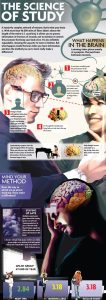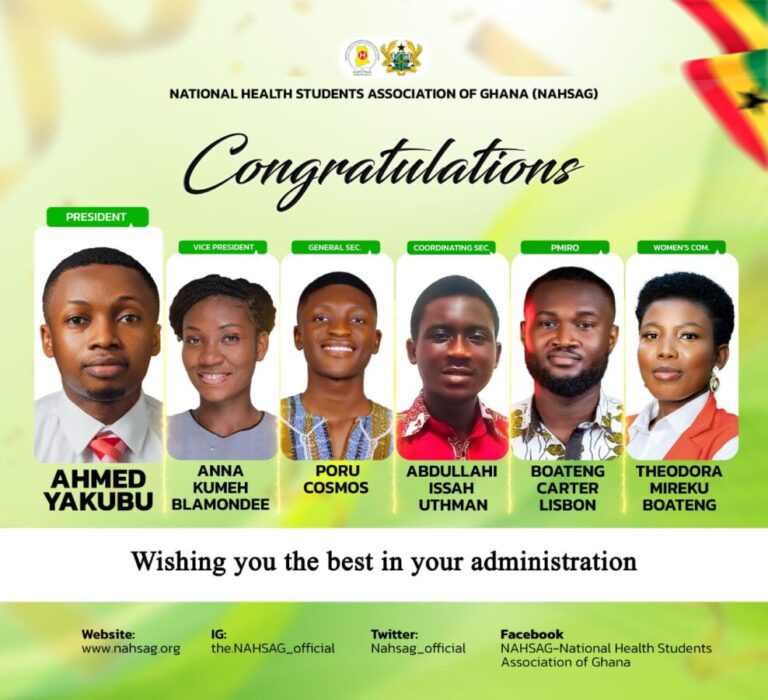
The Science of Studying: Unlocking Effective Learning
Studying effectively is an art and science that goes beyond mere memorization. The science of studying involves understanding cognitive processes and applying strategies that enhance memory retention, comprehension, and recall. By leveraging insights from cognitive psychology, students can optimize their study habits, making learning more efficient and enjoyable.
Understanding Cognitive Processes
At the core of studying are three fundamental cognitive processes: encoding, storage, and retrieval. Encoding is the initial stage where information is processed and transformed into a form that can be stored in the brain. Storage refers to maintaining this information over time, while retrieval involves accessing the stored information when needed. Effective studying aims to optimize these processes, ensuring that information is not only stored efficiently but also easily retrievable.
Key Strategies for Effective Studying
1. Active Learning:
Active learning involves engaging with the material through activities like summarizing, questioning, and teaching others. This approach helps deepen understanding and facilitates long-term retention. Instead of passively reading or listening, students are encouraged to participate actively in the learning process.
2. Spaced Repetition:
Spaced repetition is a technique that involves reviewing material at increasing intervals. This method leverages the spacing effect, which suggests that spreading out learning over time enhances retention. Tools like flashcards or spaced repetition software (e.g., Anki) can help implement this strategy effectively.
3. Elaborative Interrogation:
This technique involves asking “why” and “how” questions about the material. By elaborating on the information and making connections to prior knowledge, students can improve their understanding and retention. This process encourages deeper cognitive engagement with the content.
4. Dual Coding:
Dual coding theory posits that combining visual and verbal information enhances learning. For instance, using diagrams, charts, and illustrations alongside written explanations can help students better understand and remember complex concepts. This approach takes advantage of the brain’s ability to process visual and verbal inputs simultaneously.
5. Practice Testing:
Regular self-testing is a powerful tool for improving recall and identifying knowledge gaps. Practice tests, quizzes, and mock exams can help students assess their understanding and prepare for real-world assessments. This method not only reinforces memory but also reduces test anxiety by familiarizing students with exam formats.
Creating an Optimal Study Environment
An effective study environment is crucial for concentration and focus. A quiet, organized space with minimal distractions allows students to concentrate fully on their work. Comfortable seating, proper lighting, and access to necessary study materials contribute to a conducive learning atmosphere. Moreover, maintaining physical well-being through adequate sleep, nutrition, and exercise supports cognitive function and overall mental health.
Overcoming Study Challenges
Many students face challenges such as procrastination, lack of motivation, and test anxiety. Breaking tasks into smaller, manageable parts and setting clear goals can help overcome procrastination. Finding intrinsic motivation, whether through interest in the subject or setting personal milestones, can drive consistent study habits. For test anxiety, relaxation techniques like deep breathing and visualization can be beneficial.
Conclusion
The science of studying offers valuable my insights into how we learn best. By understanding cognitive processes and implementing evidence-based strategies, students can enhance their study habits and achieve academic success. The key to effective studying lies in working smarter, not harder, by leveraging the power of cognitive psychology and creating an environment conducive to learning. Whether you’re a student preparing for exams or a lifelong learner, mastering the science of studying is an essential skill that will benefit you throughout your life.






